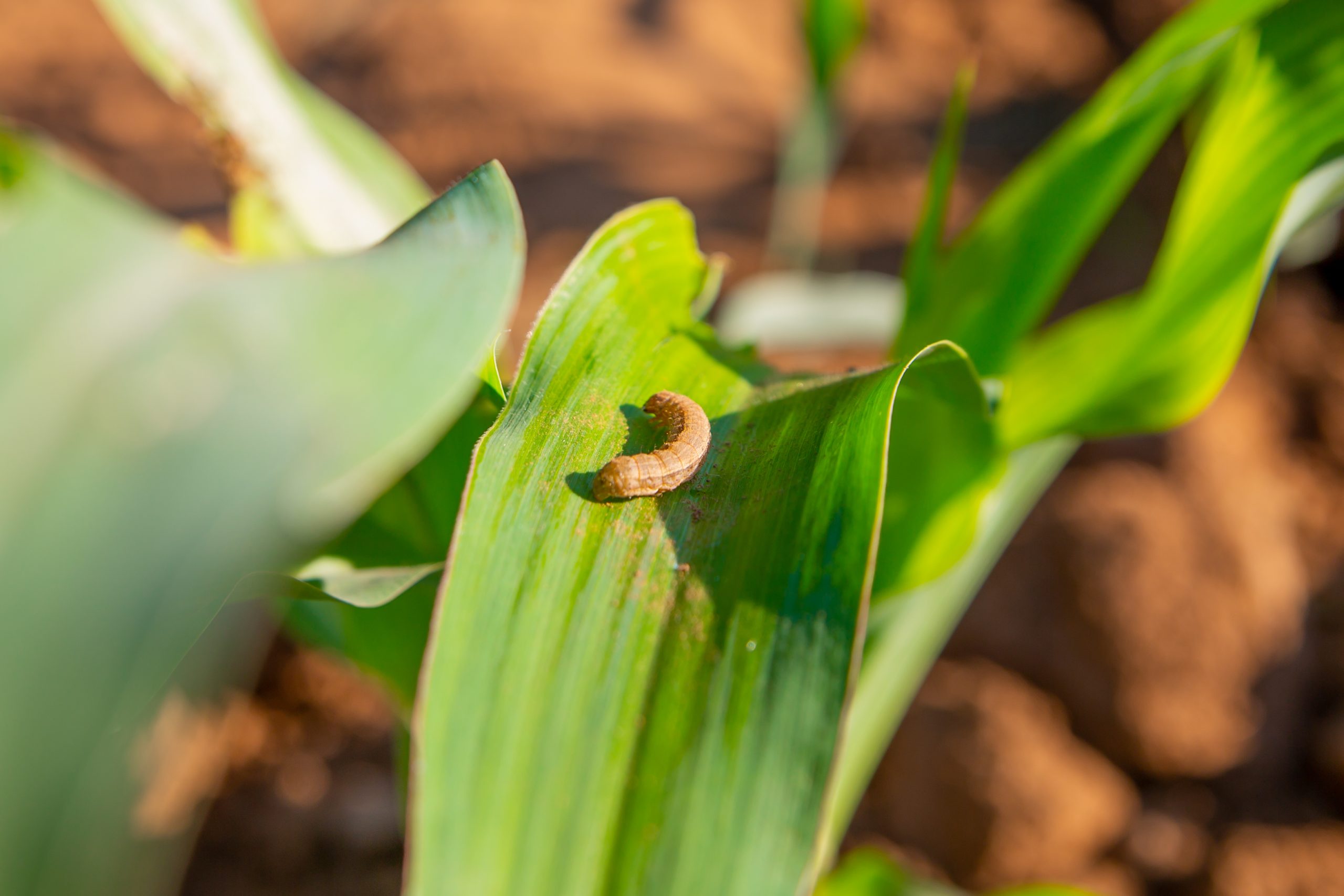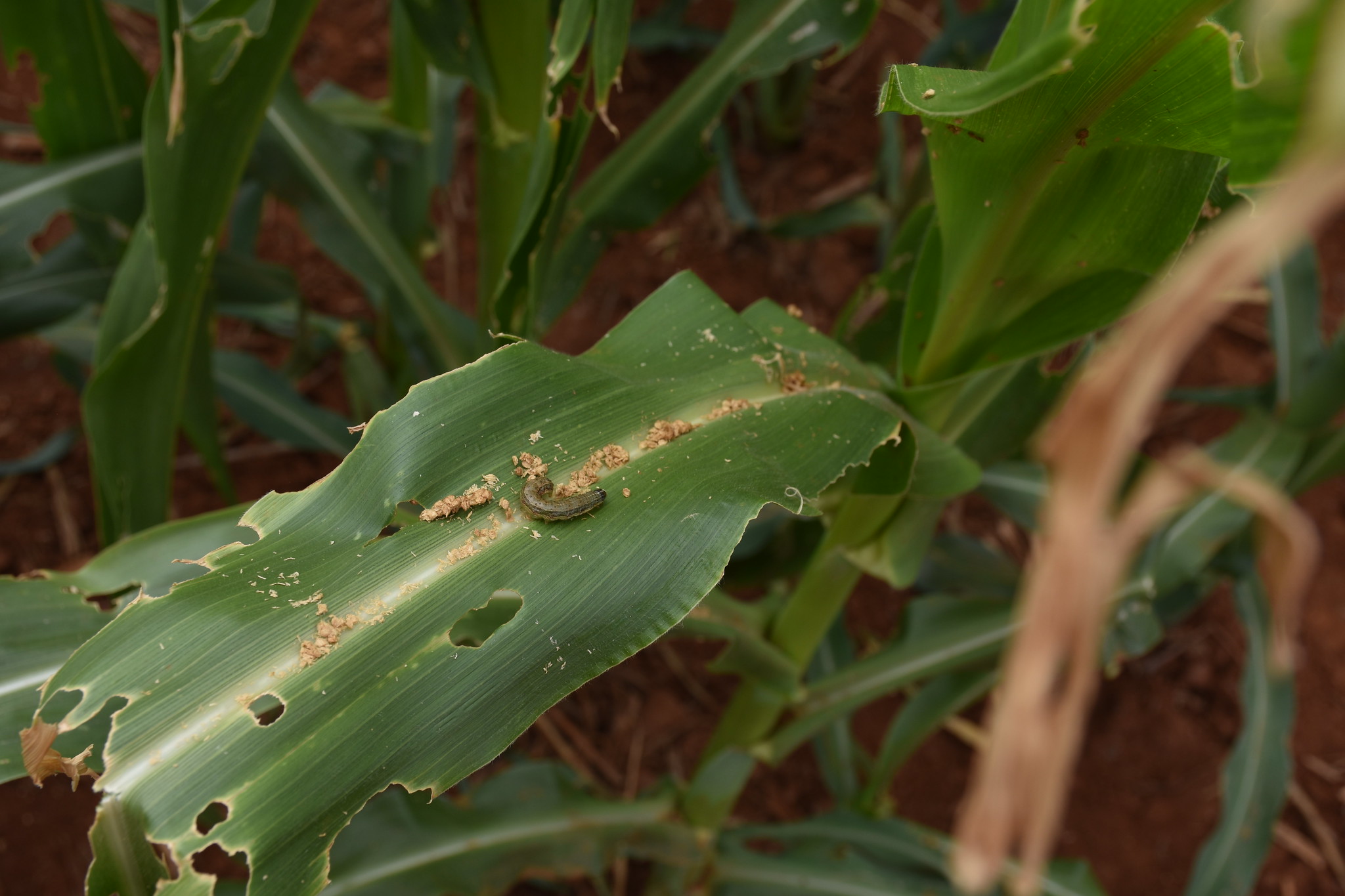Fall armyworm (Spodoptera frugiperda J.E. Smith) has emerged as a major threat to farming communities across Africa, including Zimbabwe. This destructive pest feeds on a wide range of crops, including maize, posing a significant challenge to food security. To combat this pest, the project “Evaluating Agro-ecological Management Options for Fall Armyworm in Zimbabwe” was initiated in October 2018 with support from USAID. It aims to address research gaps on fall armyworm management and cultural control in sustainable agriculture systems.
The project has implemented research trials in ten (10) districts across Zimbabwe, with work reaching close to 9,000 beneficiaries in target areas being exposed and applying new control practices that reduce the damage of FAW without heavily relying on chemical pesticides. This has been supported by a strong focus on agronomy trainings, field days, documentation, education through technical videos, knowledge sharing, and developing farmer manuals. In addition, the project supports Farmer Field Schools involving all relevant players in the farming communities to mainstream cultural practices in fall armyworm management.
Key objectives
The overall objective is to explore climate-adapted push pull systems and low-cost cultural control options for smallholder farmers in Zimbabwe. This project focused on research trials in Murehwa (Mashonaland East) and Mhondoro Ngezi (Mashonaland West), where the proof of concept was developed. After the inception phase it expanded to establishing demonstration sites and Farmer Field Schools in the Manicaland province, conducting trainings with farmers, and promoting knowledge sharing with Agritex officers and engaging with all relevant players in the target localities. Through continuous research and collaborative efforts, this project aims to develop sustainable and eco-friendly strategies to manage all armyworm infestations.


 Capacity development
Capacity development